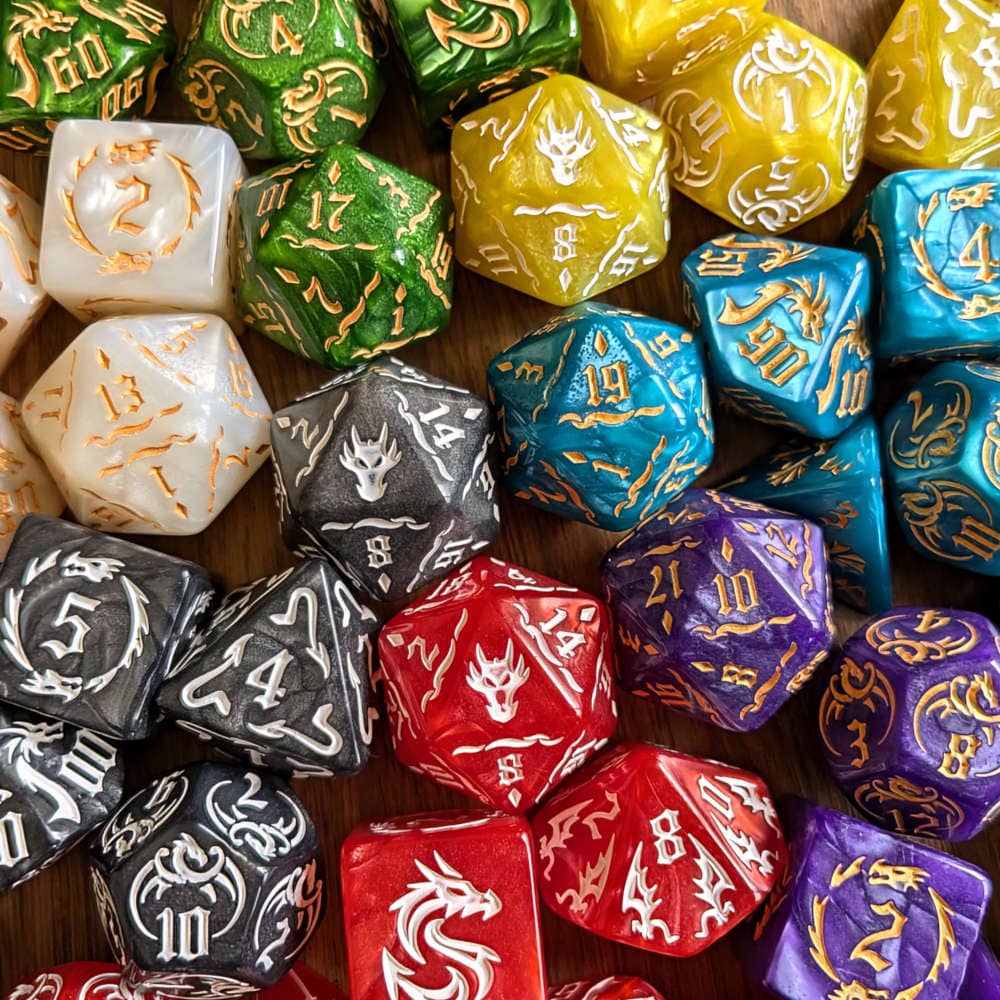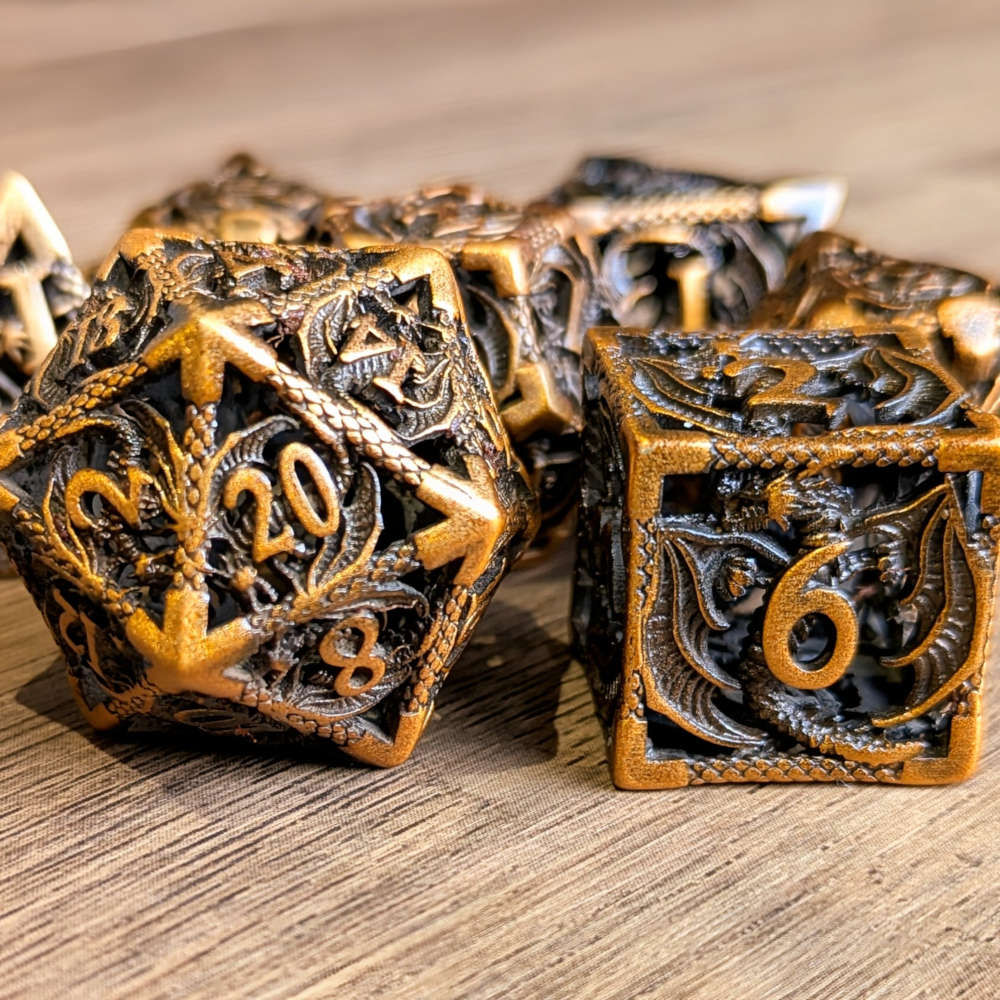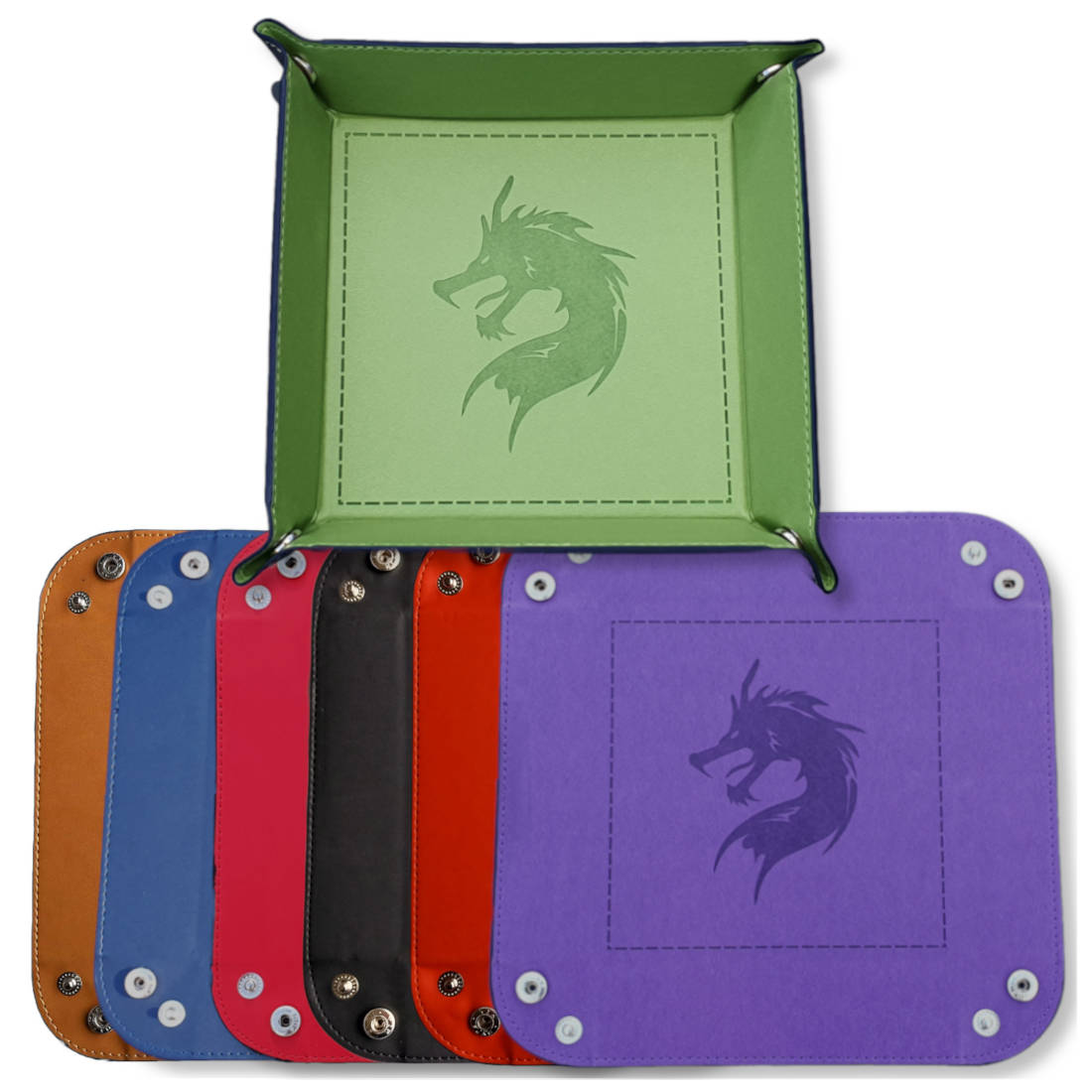What level should your D&D campaign start at?

Embarking on a Dungeons & Dragons campaign is an exciting endeavour, but the question of where to begin can be daunting. Selecting the appropriate starting level for your campaign is a crucial decision that shapes the narrative and gameplay.
In this guide, we'll explore key considerations to help you determine the ideal level to kick off your 5e adventure. Whether you're a Dungeon Master crafting a new story or a player eager to join a campaign, understanding the implications of different starting levels is key to creating an enjoyable and immersive experience.
Why does your starting level matter?
The starting level sets the tone for your D&D 5e campaign. Level 1 offers a humble beginning, emphasizing character growth. Starting at level 3 injects a touch more complexity and power, as it allows players to select their subclass. It’ll also affect the process of rolling for character stats.
What does the community think?
54% of respondents to our poll on r/DnD favoured starting at level 3, while 28% leaned towards the traditional starting point of level 1.
Delving into these preferences, starting at level 1 resonates with those valuing the classic hero's journey, offering the chance for character growth from humble beginnings. On the other hand, level 3 enthusiasts appreciate the added durability and expanded skill set, seeing as you get your subclass at this point in D&D 5e.
Let’s explore the advantages and disadvantages to starting at level 1 compared to level 3 in more depth, to help you decide what’s best for your upcoming adventure.
Starting at level 1
Pros
Starting at level 1 provides an ideal introduction to the fundamental mechanics of the game. New players often find the simplicity of character options at this level less overwhelming, allowing them to grasp core concepts without drowning in a sea of abilities.
Furthermore, starting at level 1 grants players the freedom to organically develop their characters' quirks and motivations over time, ensuring a more immersive and personalised experience.
Another notable pro is the heightened tension and excitement that arises from the vulnerability of level 1 characters. With minimal hit points, even minor combat encounters become gripping and strategic affairs. The fragility of characters at this level fosters an atmosphere where every decision and dice roll can have a significant impact, creating a sense of urgency and engagement among players.
Cons
For those well-acquainted with D&D mechanics, the simplicity of level 1 might feel limiting and mundane. Experienced players often crave the depth and complexity that higher-level characters bring to the table, making such a start less appealing.
Additionally, the inherent squishiness of level 1 PCs can be a double-edged sword. While it contributes to heightened tension, it also makes character deaths more likely. Even routine encounters can turn deadly, leading to potential frustrations, especially if players are unaccustomed to the fragility of level 1 characters. This delicate balance of challenge and risk can be a drawback for those seeking a more robust and forgiving start to their campaign.
Starting at level 3
Pros
Beginning a D&D campaign at level 3 lets your players enjoy the choice of subclass. The introduction of subclasses not only enhances the characters' abilities but also adds layers to their personalities and motivations. This notable power boost at level 3 injects fresh excitement into the game, making the characters more interesting and dynamic.
Additionally, the expanded capabilities of level 3 characters contribute to a richer and more engaging backstory, as players can incorporate these skills and powers into the development of their character's personal story.
Cons
While the introduction of subclasses at level 3 enhances the gameplay for many, it can pose challenges for new players. For players still grasping the basics, the complexity introduced by subclasses might hinder their ability to fully enjoy and understand the game, making a level 3 start less ideal for beginners.
Another drawback of starting at level 3 is the potential to miss out on the raw excitement of simple combat encounters turning unexpectedly challenging. The inherent fragility of level 1 characters provides a unique tension that might be absent when starting at a higher level. The thrill of narrowly escaping danger in straightforward battles can be a crucial aspect of early level gameplay, and starting at level 3 may inadvertently bypass some of these intense and memorable moments.
What is the best level to start a D&D campaign?
The best level to start a D&D campaign depends on factors like player experience and campaign tone. Level 1 is excellent for beginners, offering a gradual introduction. Level 3, with subclasses, suits experienced players, skipping early monotony and diving straight into engaging gameplay.
Ultimately, the ideal starting level is a collaborative decision between the Dungeon Master and players. A session zero provides an opportunity to discuss preferences, align expectations, and ensure everyone is on board with the chosen level. Open communication in the early stages helps create a more enjoyable and tailored experience for everyone involved.
Why do some D&D games start at a higher level?
Some D&D games start at higher levels, particularly in one-shots or short campaigns. This choice allows players to delve into more advanced abilities, face formidable challenges, and create unforgettable memories within a condensed timeframe, amplifying the thrill of the D&D experience.
Which D&D level is the most fun?
In Dungeons & Dragons, levels 5-16 are often considered the sweet spot for the most enjoyable gameplay. This range allows characters to progress and gain significant abilities without reaching the point of becoming essentially overpowering deities.
According to a poll on r/dndnext, 42% of respondents preferred playing at levels 5-8. This preference is attributed to the introduction of 3rd-level spells at level 5, providing spellcasters with power and creativity while maintaining game balance. Additionally, martial classes benefit from gaining extra attack during this level range.
D&D 5e level table
This table displays the experience points required to reach each level in Dungeons & Dragons 5th Edition.

Another key thing to consider, as well as what level your campaign starts at, is whether you’ll use XP or milestone levelling. Each have distinct advantages and disadvantages, so it’s important to consider this too.
Should I start at level 0 or 1 in D&D?
Starting a campaign at level 0 in D&D introduces the concept of characters without a specific character class, offering a unique and challenging experience. However, it involves careful balancing from the Dungeon Master and may require a deeper understanding of the game mechanics, so starting at level 1 is more suitable for beginners.
For experienced players, the prospect of playing a 'hero in the making' from level 0 can be an exciting and novel twist. A lot of consideration is needed before embarking on such a campaign, so make sure you read up on handling level 0 campaigns before trying one.
Dice to help you on your adventures
Whether you're starting your D&D campaign at level 1 or level 3, your journey is bound to be filled with epic quests and unforgettable moments. As you shape your campaign, it's also essential to consider how long your D&D sessions should be.
To accompany you on your adventures, we offer a diverse range of D&D dice sets. Our collection includes a range of alluring metal dice and liquid core dice, ensuring your rolls are as bold as your character's exploits.





